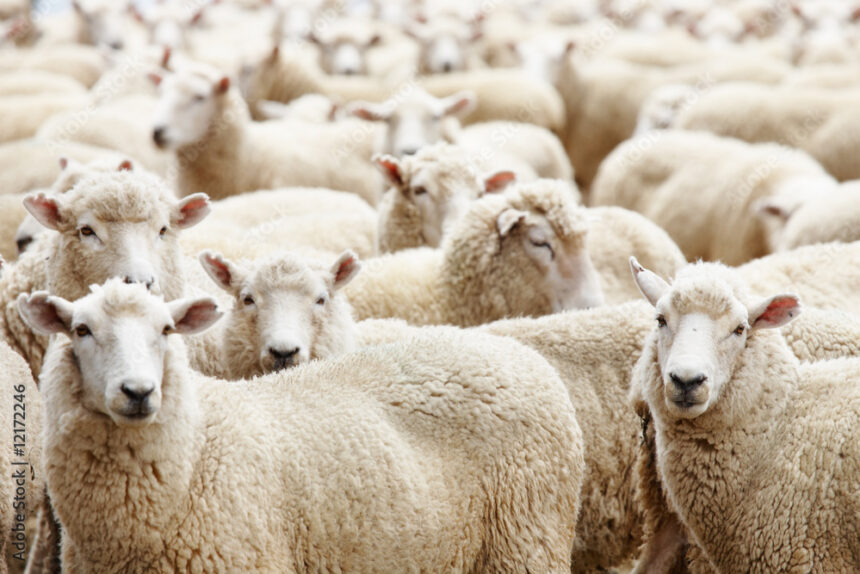Sheep dairying, the practice of producing milk and dairy products from sheep, has gained popularity in various parts of the world, and it holds potential for development in South Africa. While the country’s dairy industry primarily focuses on cow milk production, sheep dairying presents unique opportunities and advantages. Let’s explore the potential of sheep dairying in South Africa, specifically in the context of milk and cheese production.
- Climate and Landscape Suitability: South Africa has diverse climatic conditions and varied landscapes, which provide favorable environments for sheep rearing. Sheep can adapt well to different climatic zones and thrive in areas with abundant natural pastures. The country’s extensive grasslands and grazing resources can support the nutritional needs of sheep, making it an ideal setting for sheep dairying.
- High Milk Quality and Nutritional Value: Sheep milk is highly nutritious and known for its rich composition. It contains higher levels of milk solids, protein, and fat compared to cow milk. Sheep milk is also rich in vitamins and minerals such as calcium, phosphorus, and zinc. These attributes make it an excellent base for producing high-quality dairy products, including cheese.
- Niche Market and Product Differentiation: The production of sheep milk and sheep milk cheese provides an opportunity for South African farmers to enter a niche market. Sheep milk cheese has a distinct flavor and texture, appealing to consumers seeking unique gourmet products. By specializing in sheep dairy products, farmers can differentiate themselves and cater to a niche customer base, including restaurants, specialty stores, and consumers with specific dietary preferences.
- Small-Scale and Sustainable Farming: Sheep dairying can be well-suited for small-scale and sustainable farming systems. Compared to larger dairy operations, sheep dairying requires less land, infrastructure, and initial investment. This makes it accessible to smaller farmers or those looking to diversify their existing livestock operations. Moreover, sheep have a lower environmental impact compared to cows, requiring less water and producing fewer greenhouse gas emissions per liter of milk.
- Value-Added Products: In addition to sheep milk, the production of sheep cheese can further enhance the economic viability of sheep dairying. South Africa already has a thriving artisanal cheese industry, and sheep milk cheese can be a valuable addition to the existing range of local cheeses. The unique characteristics of sheep milk, such as its higher fat content, lend themselves to the creation of premium and specialty cheeses that can command higher prices in the market.
- Job Creation and Rural Development: The development of sheep dairying can contribute to job creation and rural development in South Africa. By establishing sheep dairy farms and associated processing facilities, new employment opportunities can be generated, both in production and processing stages. This can help alleviate unemployment and stimulate economic growth in rural areas.
- Export Potential: With its unique products and high-quality standards, South Africa’s sheep dairy industry could explore export opportunities. The global market for specialty and artisanal cheeses has been growing steadily, and South African sheep milk cheese could find a niche market overseas. By tapping into international markets, the industry can further enhance its economic potential.
To unlock the full potential of sheep dairying in South Africa, several factors need consideration. These include the development of breed-specific sheep with higher milk yields, research and extension services to support farmers in adopting best practices, investment in processing infrastructure, and market development initiatives to create awareness and demand for sheep dairy products.
The production of sheep milk and cheese offers an exciting avenue for diversification and value addition within South Africa’s dairy industry. With careful planning, support, and investment, the sheep dairying sector has the potential to thrive, contributing to agricultural growth, employment, and the availability of unique and high-quality dairy products in the country.
Join 'Farmers Mag' WhatsApp Channel
Get the latest Farming news and tips delivered straight to your WhatsApp
CLICK HERE TO JOIN






